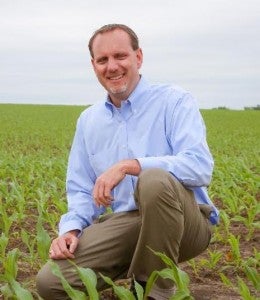I spent the summer meeting with farmers, commodity groups and food companies in the Midwest to discuss collaborative conservation approaches. Whether we were in Missouri, Iowa or Minnesota, water quality was top of mind.
Agriculture has a large impact on water quality – the sector is the source of 70 percent of the nutrients that flow down the Mississippi River and cause dead zones in the Gulf of Mexico.
Farmers have made big strides on implementing and scaling conservation measures to improve water quality and agriculture’s overall environmental footprint. Unsung heroes like Tim Richter, Kristin Duncanson and Denny Friest are constantly fine-tuning nutrient and soil management with new efficiency tools, finding better ways to implement cover crops or reduce tillage, installing wetlands and buffers, and introducing new crops into their rotations. Read More










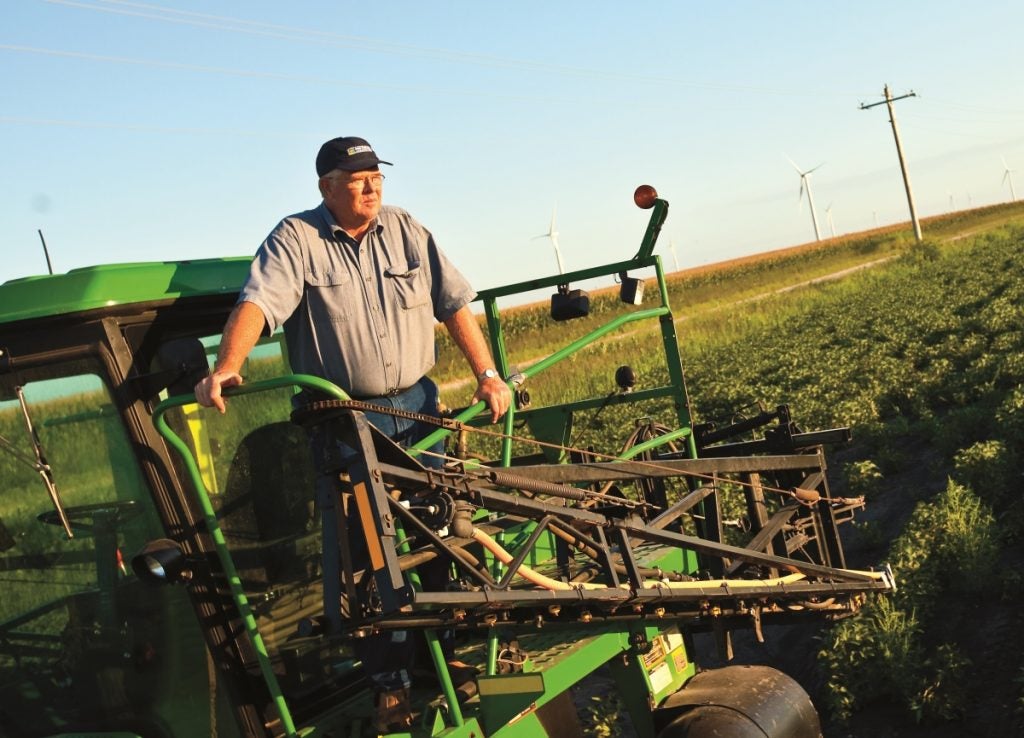

 The corn and soybean fields that stretch for miles across the Midwest are quiet this time of year, mostly frozen surfaces waiting for the spring planting season.
The corn and soybean fields that stretch for miles across the Midwest are quiet this time of year, mostly frozen surfaces waiting for the spring planting season.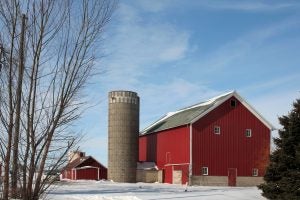
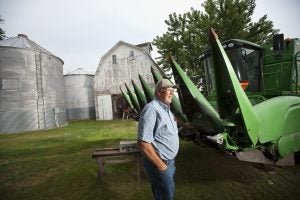
 Many of us spend a considerable amount of time thinking about food – whether it’s deciding what’s for dinner or how healthy something is for our family. Given that I work on food sustainability and am married to a chef, I spend an even more extreme amount of time thinking about food.
Many of us spend a considerable amount of time thinking about food – whether it’s deciding what’s for dinner or how healthy something is for our family. Given that I work on food sustainability and am married to a chef, I spend an even more extreme amount of time thinking about food.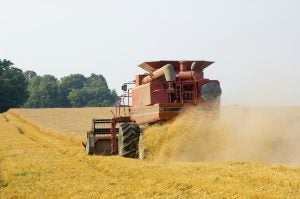 Journalist Michael Pollan deserves credit for elevating the national conversation about food. Over the course of 25 years, his articles and books have thoughtfully contemplated the troubling side effects of the American diet and the way our food is produced.
Journalist Michael Pollan deserves credit for elevating the national conversation about food. Over the course of 25 years, his articles and books have thoughtfully contemplated the troubling side effects of the American diet and the way our food is produced.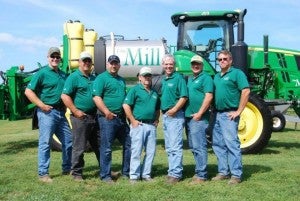 Land O’Lakes SUSTAIN® platform – a powerful tool that can make a real impact in improving regional water quality — is coming to the Chesapeake Bay.
Land O’Lakes SUSTAIN® platform – a powerful tool that can make a real impact in improving regional water quality — is coming to the Chesapeake Bay.
